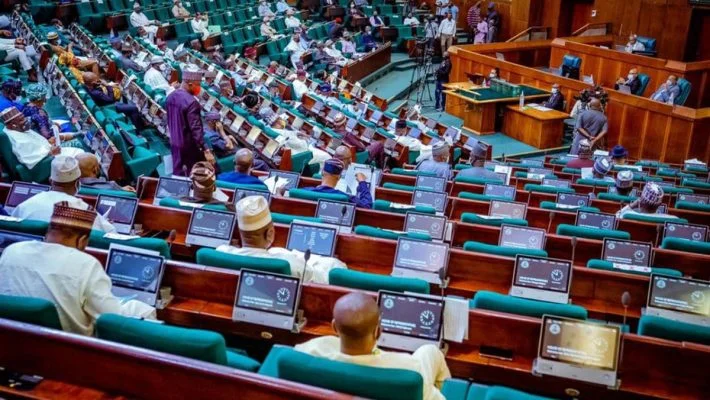The Nigerian House of Representatives on July 22, 2025, introduced a bill to prohibit public and civil servants, including their immediate family members, from patronizing private schools and healthcare facilities.
It was sponsored by a lawmaker from Isuikwuato/Umunneochi Federal Constituency in Abia State.
The legislation aims to compel government workers to rely on public institutions to improve their quality and restore public trust.
Goals of the Legislation
Speaking to journalists after Tuesday’s plenary, the Abia lawmaker explained that the bill seeks to eliminate “conflict of interest” and uphold the “integrity” of public schools and healthcare centers.
“This will prevent public servants from neglecting the institutions they oversee, ensuring high standards and maintaining public trust,” he said.
He argued that forcing officials to use public services would drive investment in their infrastructure and services.
Historical Context and Current Trends
The lawmaker highlighted that Nigeria’s pre-independence leaders, such as Ahmadu Bello, Nnamdi Azikiwe, Obafemi Awolowo, and Tafawa Balewa, attended public schools, a practice he said has been abandoned.
“Today, the penchant for private schools and healthcare among public servants harms our economy and public institutions,” he noted.
He described public schools and hospitals as “shadows of themselves” due to neglect, with declining infrastructure and service standards.
Economic Impact of Medical and Educational Tourism
The bill addresses Nigeria’s heavy spending on foreign medical and educational services.
The lawmaker cited 2024 budget data, noting that Nigeria allocated N1.336 trillion to healthcare, far less than the estimated N1.6 trillion ($1 billion) Nigerians spend annually on medical treatments abroad.
During former President Muhammadu Buhari’s administration (2015–2023), Nigerians reportedly spent $29.29 billion on foreign medical expenses.
In education, $38.17 million was spent on foreign institutions between January and March 2024, and $218.87 million in 2023.
“This trend inflicts serious damage on Nigeria’s psyche and economy,” the lawmaker said.
“Our leaders seeking treatment abroad, sometimes dying in the process, does not speak well of our country.”
Restoring Confidence in Public Institutions
The proposed law aims to curb medical and educational tourism by mandating public servants to use government-run schools and hospitals.
“We must restore confidence in our public institutions to promote Nigeria’s image globally,” the lawmaker emphasized.
He argued that increased patronage by officials would lead to better funding, infrastructure upgrades, and improved service delivery in public schools and hospitals.
Potential Implications and Debate
If passed, the bill could transform Nigeria’s public education and healthcare sectors by forcing accountability among officials.
However, it may face resistance from public servants accustomed to private services, citing concerns over quality and access.
Critics may argue the bill restricts personal choice, while supporters see it as a step toward equity and systemic reform.
The legislation’s success will depend on enforcement mechanisms and addressing the root causes of public institution decay.
Why This Matters
This bill highlights Nigeria’s struggle to revive its public institutions amid widespread reliance on private and foreign alternatives.
By targeting public servants, it aims to address systemic neglect and promote national pride in government-run schools and hospitals.
The debate it sparks will reflect broader issues of governance, economic priorities, and public trust in Nigeria.
Read Also: Kemi Badenoch Pledges Stricter UK CitizenshipRules for Nigerians




















